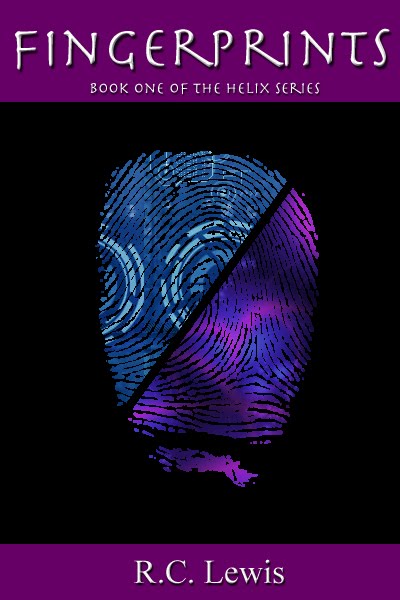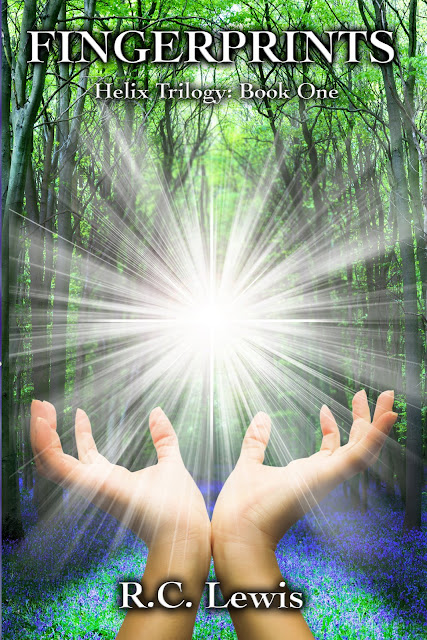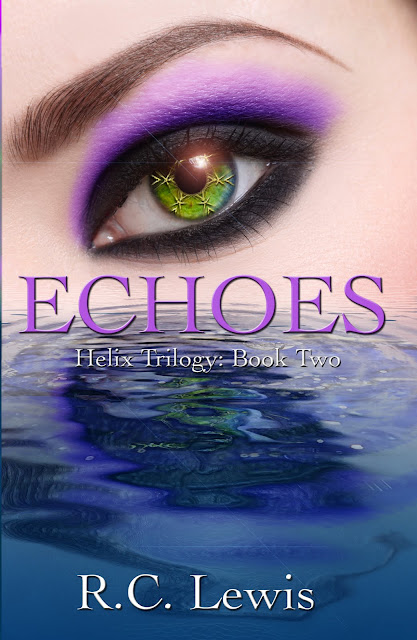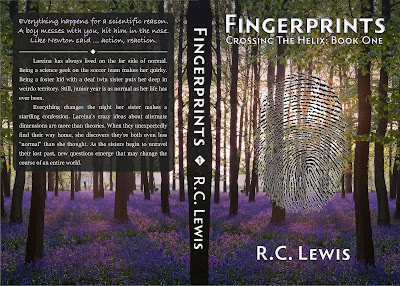Playing with Covers: Part Two
Because I don’t have enough to do (?), I started playing around with Photoshop on Thursday night. Here’s the result:
ETA: Went ahead and made a matching one for Echoes, too.
These just might be my favorites so far. See the previous versions (fronts only) here.
I still haven’t decided to self-publish, but it doesn’t hurt to be prepared, right?
That Aristotle Guy
Oops, kind of a long stretch since the last post. At first, there wasn’t much to say. Then there was, but it was more of the same (four fulls and a partial out at one point = more waiting). Finally, it was getting back to the day job, where almost everyone on campus had to relocate due to renovations.
The inspiration for today’s post comes from the day job, in fact. We had a professional development day yesterday, most of which wouldn’t interest any of you. During a presentation on critical thinking skills, though, came a moment of epiphany … and it wasn’t while my colleagues and I were trying to build a tower out of marshmallows and toothpicks.
Our presenter includes some quotations on a few of her slides, and one particularly caught my attention:
In addition to the implications for educating my little rabblerousers, it struck me as a nice summation of my philosophy on accepting critique. You have to be able to entertain a thought, even unpleasant ones, without (necessarily) accepting it. Once you entertain it, you can make that decision whether it has merit you should act on or not.
This is especially applicable to me recently, as three of my four fulls came back with rejections. One was a form rejection, so there’s nothing for me to take from it. Another was a detailed message that felt like the agent just didn’t get it–we all view things through our own lens, and hers seems to be polarized at a right angle to mine. The third was a brief but personal message that raised an interesting question.
It’s that last one that has me thinking the most. Perhaps I’ll expound on it in another post. My book doesn’t follow a certain part of the YA sci-fi/fantasy formula. I know that, and in many ways it was my whole point. So I’m trying to entertain the thought planted by that agent without accepting it, at the same time looking for what I can take from it.
Meanwhile, I’m forging ahead–working on Book Three, receiving good news on another front (see if you can spot it in my Twitter feed, post forthcoming), and wondering if I’m ever going to hear back from Agent #1.
Oh, and keeping up with the day job.
Audience ID
Know your audience. Sounds simple enough. It occurs to me that there are two types of audiences, though—the general audience that’s likely to enjoy the book, and the narrower audience that’s likely to think the book is the best ever.
At its broadest, my general audience is teenagers. Throw in adults who like smart YA work, too, and there you go. To get a little more specific, I think my novel appeals especially to girls who like math or science, and/or have a bit of tomboy in them.
While at Best Buy with my sister yesterday, I found a succinct description of the sub-population who would most enjoy my work:
While Waiting: Part 2
A few months ago, I posted a list of things to do while waiting on an agent. Agent #1 still has the full, and now two more agents have it as well. (My latest attempt at a query letter actually has legs!) So, more waiting. Here’s what I have gotten/am getting done, and it’s nice to see some of these are progressions from the first list.
- Finished Book 2 in the series and Book 3 is well underway.
- Wrote two “real” short stories that I’m working on submitting.
- Packed up my classroom to be relocated this fall when they renovate half our building.
- Helped my dad with yard work, woodworking projects, and whatever else he needed a slave for.
- Got elevated to Round 3 in WEbook’s PageToFame system.
- Worked with my sister to design two covers, seen here (just for fun, and in case I end up self-pubbing).
- Hung out with my awesomely awesome friend for a weekend (rare treat since she now lives 2000 miles away).
- Read a lot of books (Darkest Powers trilogy, Mortal Instruments trilogy, first two books in The Hunger Games trilogy … is Mockingjay out yet?)
A lot of that looks like work. Here are some additions for the To Do list:
- Figure out how and when to get together with the inimitable T.L Tyson (in my country, hers, or another one altogether … doesn’t matter)
- Possibly find time to visit my cousin in Mississippi (though the humidity might scare me off)
- Plan a trip to Rochester, NY to visit the friend mentioned above, plus anyone else I knew back in grad school that’s still there.
Hmm, all of that involves travel and interacting with humans outside of cyberspace. That might be a clue.
Anyone else have fun ways of keeping your mind off the waiting game?
Playing with Covers
My siblings are graphically gifted, so when I needed a cover image for Authonomy, I turned to my sister. After I finished the sequel, she decided to go a different direction for Fingerprints to mesh better with her take on Echoes. We still have some thoughts about tweaking things. Enjoy.
 |
| Original Fingerprints Cover |
 |
| New Fingerprints Cover |
 |
| Echoes Cover |
The Query Quandary
Mention queries, and writers of all ages sprout a few more gray hairs. The first rule of #AskAgent chats on Twitter is No Query Questions. I haven’t yet come across a writer who looks forward to writing one or an agent who adores slogging through hundreds of them to find a few gems. (If you’re out there, give a shout.) [EDIT: Cat likes writing them, just not sending them. So there’s at least one out there.]
No one (or almost) really likes them, but I get why they fall under the “necessary evil” category. And it’s not like there aren’t resources out there to help – enough blogs to overload anyone’s browser, for starters.
Even with all that help, we struggle. After doing my best to help critique several queries on AgentQuery Connect and overhauling my own query for the umpteenth time, I thought about what makes it so difficult. Boiling a novel-length plot down to a couple hundred words isn’t easy, obviously. But what – above all else – stands in the way?
They say the devil’s in the details. I contend that the devil’s in determining the depth of the details. (How’s that for alliteration?)
Boil down the plot too much, and you get something like this:
An orphan boy discovers he has unexpected power and is the Chosen One who must battle ultimate Evil.
Could be Harry Potter. Or Star Wars. Or possibly dozens of other fantasy works.
More often, though, I think we tend to go to the opposite extreme, thinking every nuance of the story is essential if the agent or editor is to understand the plot. Try this (exaggerated) example:
Milton Dauntless, a shy thirteen-year-old boy with a faithful Chihuahua-Corgi mix named Gargantuar, discovers his parents, Darwina and Ted, weren’t killed in the famous So-So Steakhouse food poisoning scandal of ’99 as he’d been told all his life by Grandma Gertie. In fact, his father was killed by the evil vampire lord Vladindeath, who has secretly ruled the underworld ever since defeating the werewolf clans seven hundred fifty-two years ago. As the sole survivor of the powerful Dauntless clan, Milton must now learn to harness the power of the Crystal of Purity, find out what happened to his mother when she escaped the bloodbath of her husband’s murder with her long-lost brother Sherman, and defeat the vampires once and for all.
(Okay, that was kind of fun.)
That one is obviously bogged down in excess detail, including irrelevant backstory and too many names. (See my earlier musing on the issue of Name Soup.)
Here are some of my conclusions, and I hope others will add to them.
Get Enough Detail
- The whole point of the query is to show an agent or editor what makes your story stand out from the others. Part of this can be through voice. But these days, if you’re writing about vampires or angels, for example, you’ve got to show your unique twist.
- Make it memorable and leave them wanting more. Again, the point of the query: get a request for more material.
- Include details that are snappy, quirky, or unexpected … without belaboring the point.
Don’t Overdo the Detail
- R.C.’s Personal Rule of Thumb: Anyone who won’t be mentioned by name again in the query shouldn’t be named at all.
- Avoid backstory. Plenty of time (and more creative ways) to incorporate it into the manuscript itself.
- Axe details that can leave the reader saying, “Why should I care about that?” For example, knowing all of that about Milton’s dog doesn’t really tell us anything substantial about the character (except maybe that he has a silly sense of humor when it comes to naming pets) or the plot.
It’s a thin line to walk between too much and too little. No wonder so many of us find it so difficult.
Do you have any pointers for finding that perfect balance?
~R.C.

